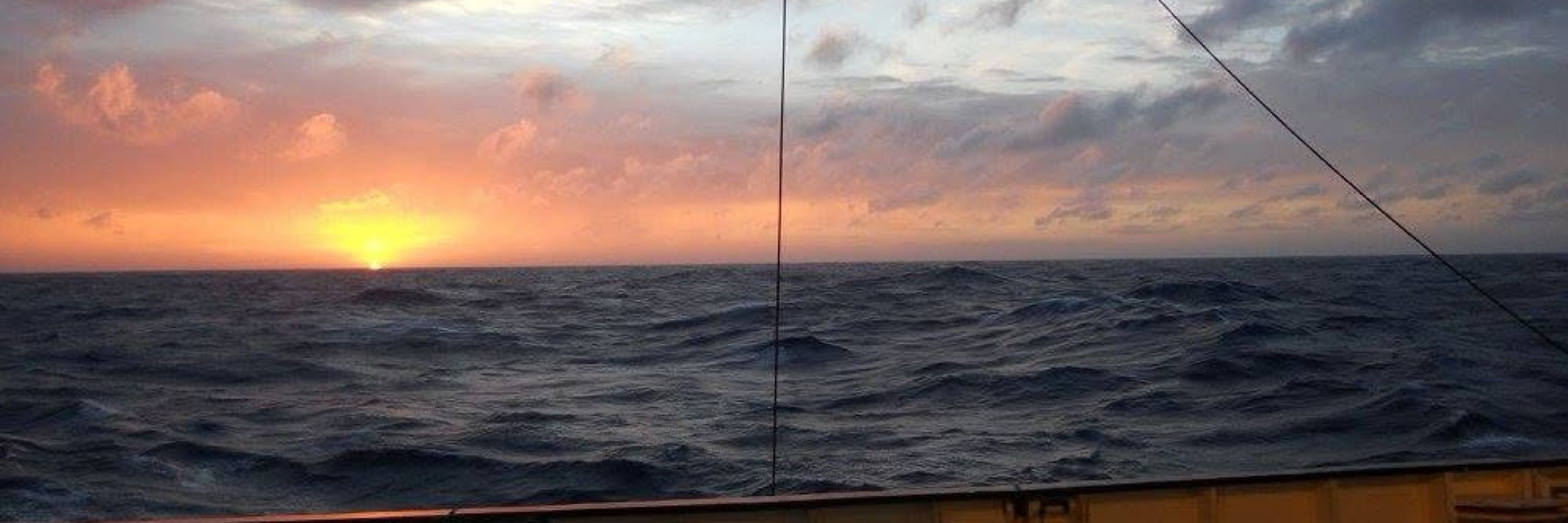
Exploring AMOC and global ocean circulation |
Views are my own | https://linktr.ee/jonbakerocean
Our Nature study suggests collapse is unlikely this century — but the risks remain critical.
🗓️ 2 Sept, 14:00–15:00 CEST
👉 tum-conf.zoom.us/j/6933421034...

Our Nature study suggests collapse is unlikely this century — but the risks remain critical.
🗓️ 2 Sept, 14:00–15:00 CEST
👉 tum-conf.zoom.us/j/6933421034...
🔗 iopscience.iop.org/article/10.1...

🔗 iopscience.iop.org/article/10.1...
🔗 journals.ametsoc.org/view/journal...

🔗 journals.ametsoc.org/view/journal...
📄 New Journal of Climate study led by Mike Bell!
We show zonal wind stress explains up to 80% of interannual variability in equatorial Pacific heat uptake (NSHF).
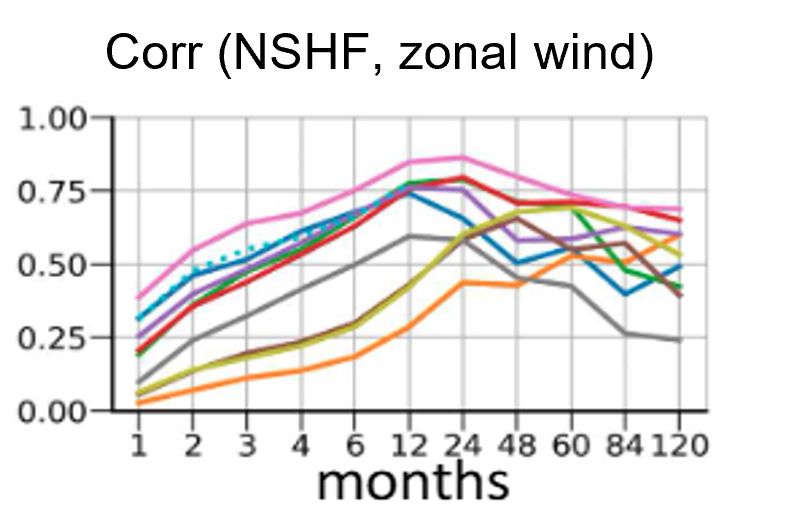
📄 New Journal of Climate study led by Mike Bell!
We show zonal wind stress explains up to 80% of interannual variability in equatorial Pacific heat uptake (NSHF).
Join me tomorrow morning (08:40 — Room 1.34) at #EGU25.
Talk details ➡️ meetingorganizer.copernicus.org/EGU25/EGU25-...
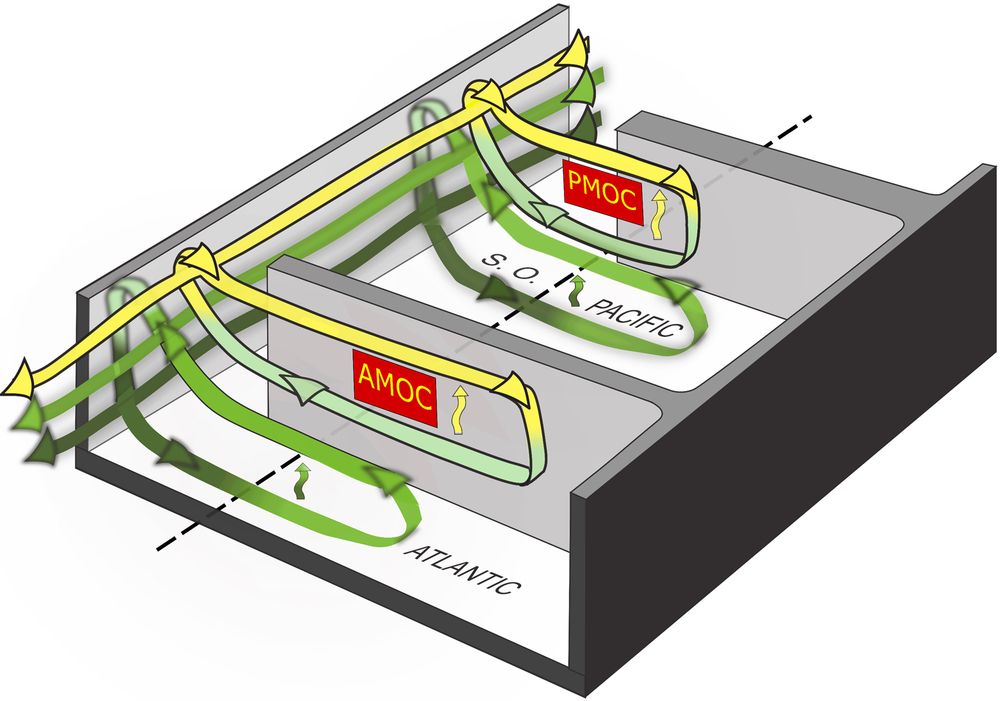
Join me tomorrow morning (08:40 — Room 1.34) at #EGU25.
Talk details ➡️ meetingorganizer.copernicus.org/EGU25/EGU25-...
Thanks to all the journalists helping bring attention to AMOC and its role in the climate system.

Thanks to all the journalists helping bring attention to AMOC and its role in the climate system.
Links to science magazine articles: tinyurl.com/yc3pzned

Links to science magazine articles: tinyurl.com/yc3pzned
The framing wasn’t off—it reflected the broader context. Here’s why the headlines were pretty accurate.
📄 www.nature.com/articles/s41...

The framing wasn’t off—it reflected the broader context. Here’s why the headlines were pretty accurate.
📄 www.nature.com/articles/s41...


Changes in the Pacific could disrupt marine ecosystems 🐟, alter carbon storage, and trigger unexpected climate shifts 🌎
There’s still so much to uncover❗️
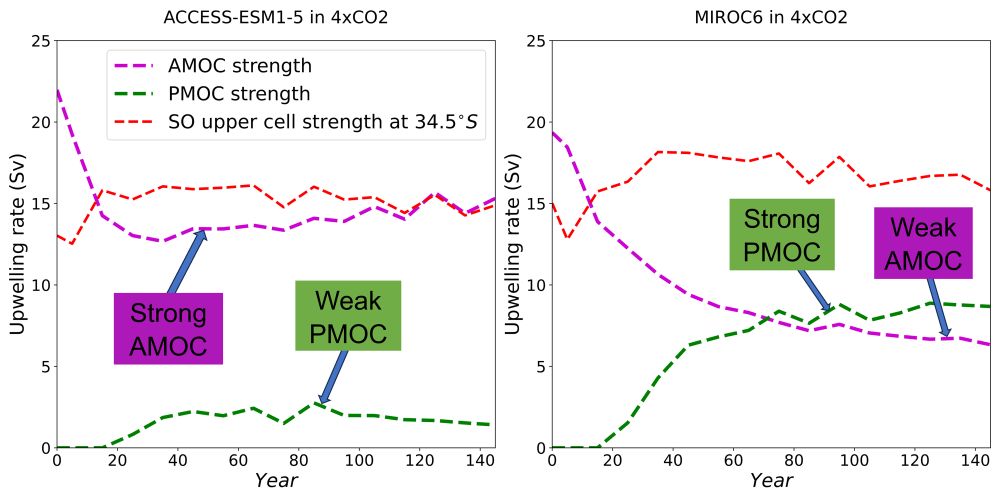
Changes in the Pacific could disrupt marine ecosystems 🐟, alter carbon storage, and trigger unexpected climate shifts 🌎
There’s still so much to uncover❗️


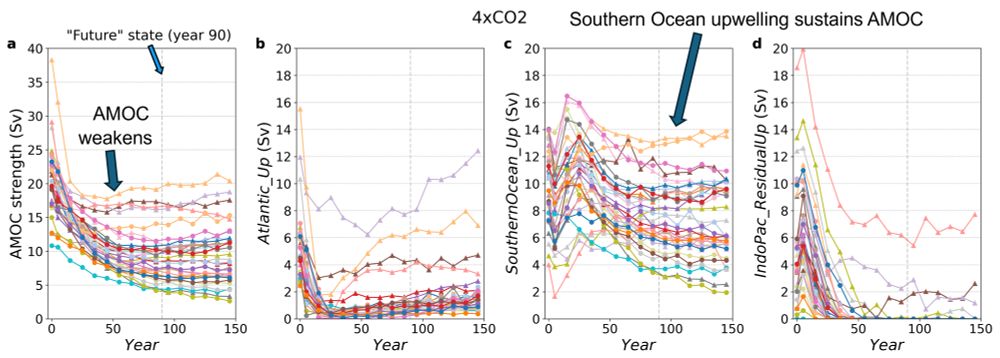
However, CMIP6 climate models show persistent Southern Ocean winds prevent a total collapse—even under extreme climate change scenarios 🌡️. Here’s how 👇
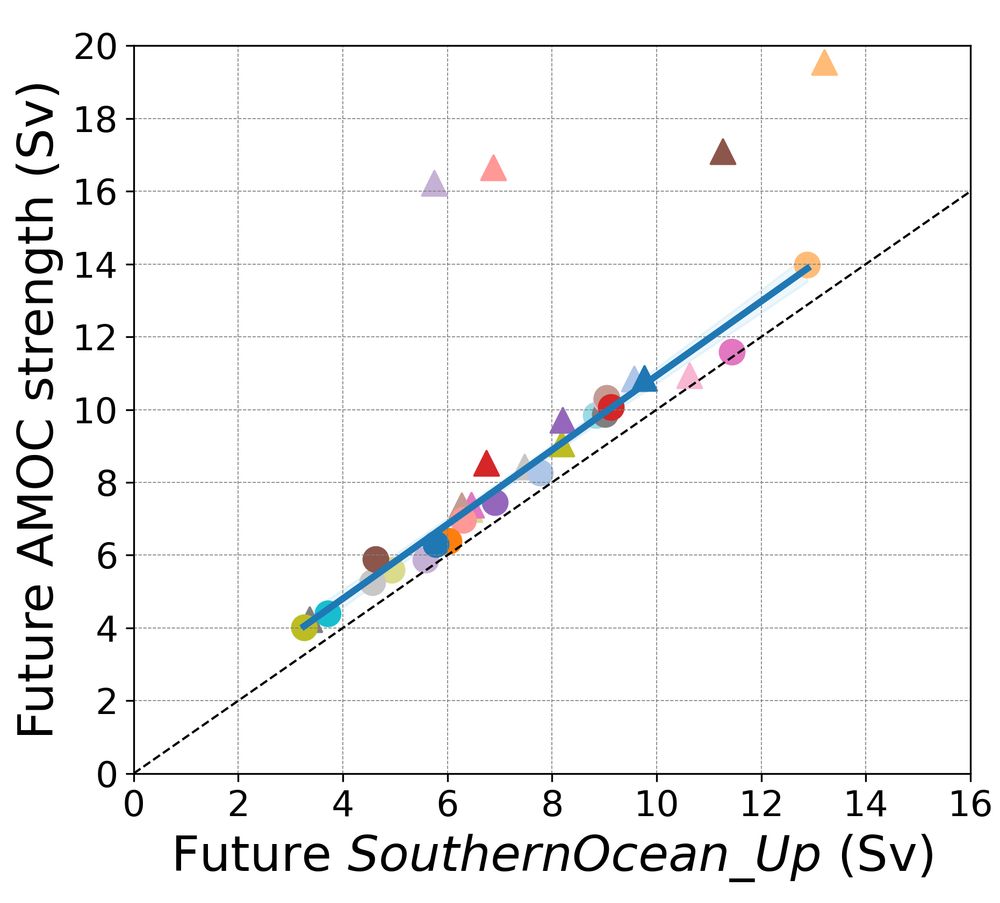
However, CMIP6 climate models show persistent Southern Ocean winds prevent a total collapse—even under extreme climate change scenarios 🌡️. Here’s how 👇
Its collapse could trigger freezing European winters, devastating weather shifts, and accelerated sea level rise.
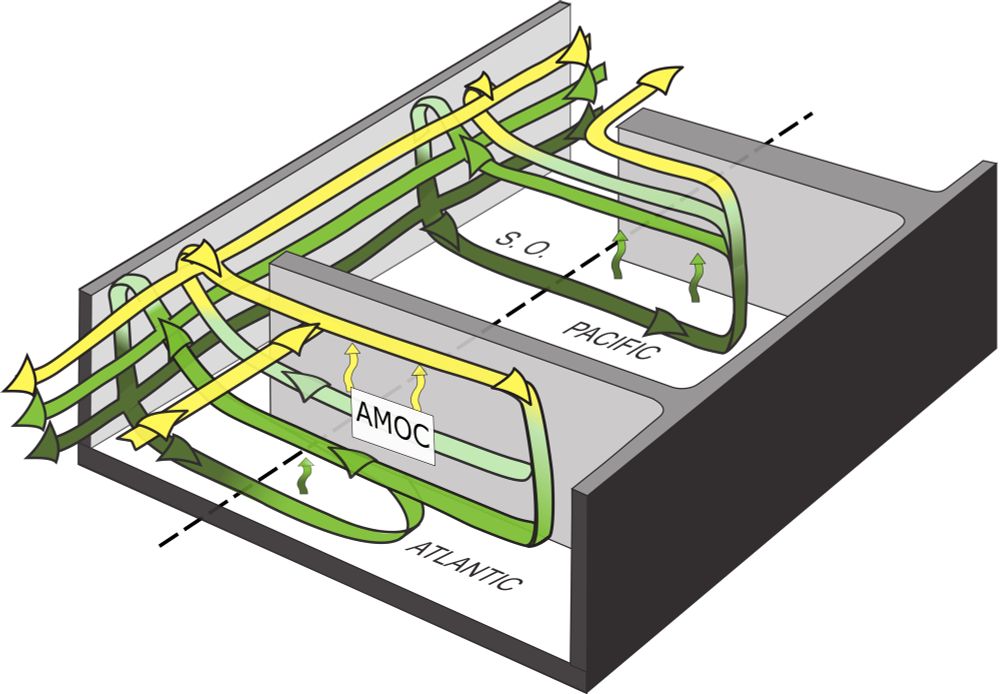
Its collapse could trigger freezing European winters, devastating weather shifts, and accelerated sea level rise.
Unlikely before 2100—but the risks are real 🚨
We find Southern Ocean winds keep this vital ocean "heat engine" running, even under extreme #climatechange. But the Pacific holds a surprise…
tinyurl.com/yt6u4e7d
Let’s explore 🧪👇

Unlikely before 2100—but the risks are real 🚨
We find Southern Ocean winds keep this vital ocean "heat engine" running, even under extreme #climatechange. But the Pacific holds a surprise…
tinyurl.com/yt6u4e7d
Let’s explore 🧪👇


